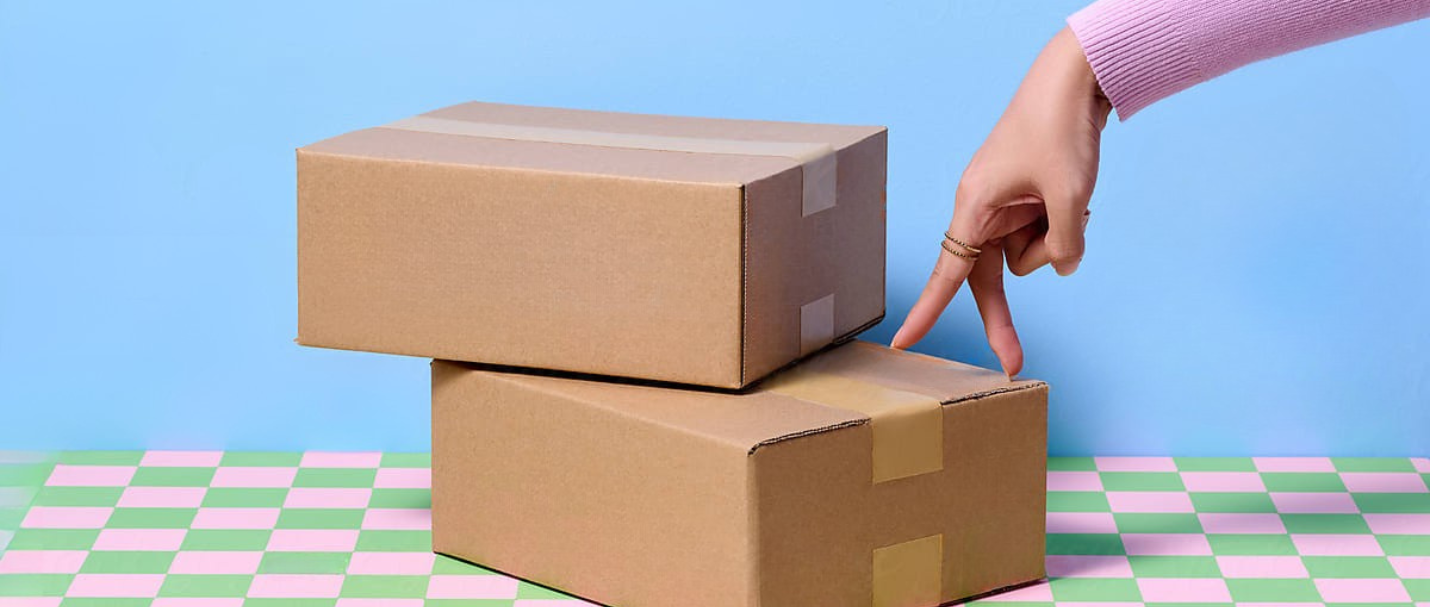Couriers in South Africa
There are many different courier companies in South Africa. With so many options can come a little confusion, so we’ve
broken it down so you can choose the best courier for your business.
Here are the 10 factors we suggest you consider to make the best choice.
1. Your Products
What kind of products do you sell? Based on their size and weight, you need to see if a courier will transport them.
The smaller and lighter your products, the more delivery options you’ll have. This includes scooter and locker
deliveries for your business.
Large and heavy items will require the courier to have vehicles capable of carrying the load.
2. Insurance & Fragility
Does the courier say they can handle very fragile items? Can you trust them with your products? You will do your best to
protect the product for your customer. However, you also need to trust the courier to handle it carefully.
Check if the courier offers insurance options for broken or lost packages. Make sure you and your customers are
protected during delivery based on your product costs.
3. Location
When picking a courier, don’t just consider how near the closest kiosk is or if they pick up from your place. You should
check how easily they can reach your customers. This includes both major cities and remote rural areas.
South Africa’s infrastructure presents notable disparities between urban and rural areas. Major cities like
Johannesburg, Cape Town, and Durban usually have good delivery networks. But rural areas often struggle. They deal with
bad road conditions and limited access. South Africa’s road infrastructure poses real challenges outside of urban hubs.
For instance, only 23.7%
of the rural road network qualifies as all-weather roads.
Pick a courier with national coverage if you want to serve customers outside major cities. They should have a good
history of reaching rural areas without long delays or hidden fees. Reliable access matters just as much as speed.
4. Warehouses
Consider where you want to hold the majority of your stock. If you have space on your premises, you may not need a
courier offering a warehousing service. Choose couriers with integrated warehousing if you need space, speed, and stock
management.
5. Integrations
You’ll need to find a courier that can integrate with your existing systems. You want a ready-to-use integration that is
managed and supported. This could work for your e-commerce site. Some of South Africa’s
best ecommerce platform options include WordPress/WooCommerce, Shopify, Shopstar, Ecwid, or Magento/Adobe
Commerce. It might also be for an ERP system.
Also, think about how automated the management is. Smaller companies might need more manual work from you, but the aim
should be to reduce your workload.
6. Reliability and Reputation
A courier’s reputation says a lot about how they operate. Look for companies with a proven track record for timely, safe
deliveries. Check reviews from other businesses and customers. This helps you see how they tackle real-world challenges.
Consistency matters. A courier that delivers on time often isn’t enough when your business and customer experience
depend on it.
If you want some first-hand experiences, we surveyed over 100 businesses to find out who they say is South Africa’s
best courier.
7. Support and Customer Care
Things can go wrong. But what really counts is how quickly and professionally those issues are resolved. Pick a courier
with quick, easy customer service. They should help you by phone, email, or chat. Good support isn’t just about fixing
problems; it’s about giving you peace of mind when your products are in someone else’s hands.
8. Delivery Tracking
Customers expect to know exactly where their package is and when it’s arriving. While most couriers offer tracking, not
all systems are created equal. Find easy-to-use tracking tools that let you and your customers track in real time.
Reliable tracking builds trust. It reduces customer questions and gives you better control over your operations.
9. Returns
Returns aren’t ideal, but they’re part of doing business, especially in e-commerce. A courier with an easy return
process will keep your customers happy, even if things go wrong. The smoother the return experience, the more likely a
customer is to shop with you again. Find partners who handle returns as carefully and efficiently as they do outbound
deliveries.
10. Cost
All the factors above can play a role in the cost of couriering your products to your customers. Some costs are easy to
predict. For example, sending a 1kg box from point A to point B. Others are less certain. This means exchanging a broken
product or rebuilding trust with a customer who didn’t get their order.
Choose The Right One
Choosing the right courier can significantly impact your business. It’s not just about getting parcels from A to B; it’s
about reliability, support, and giving your customers the best possible experience. By considering these key factors,
you’ll be more likely to pick a delivery partner that works for you.
